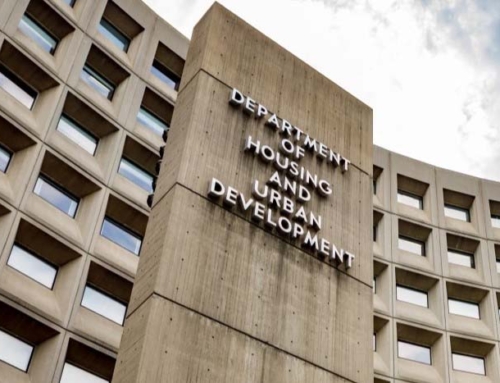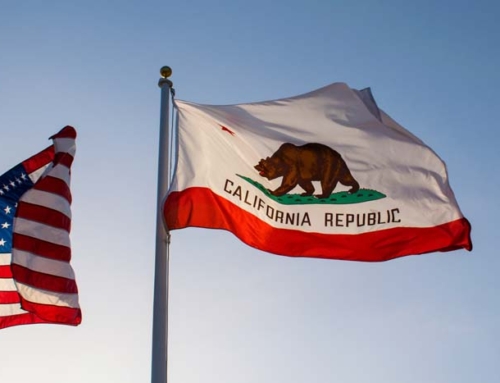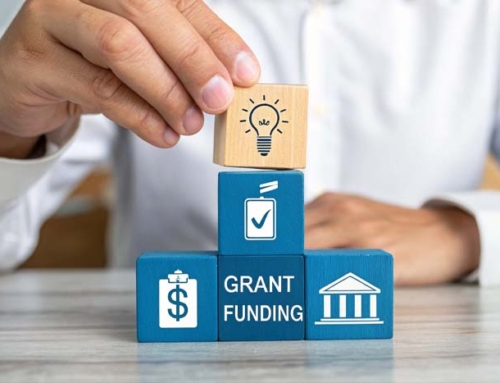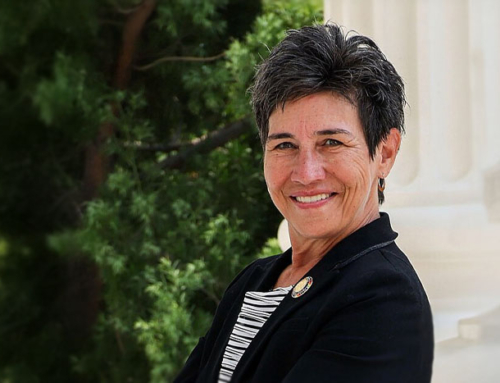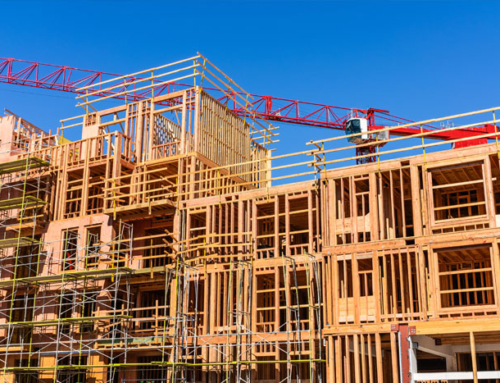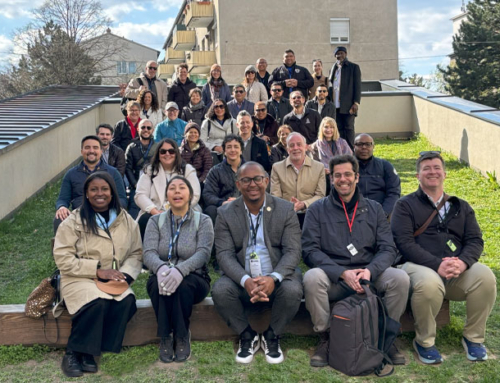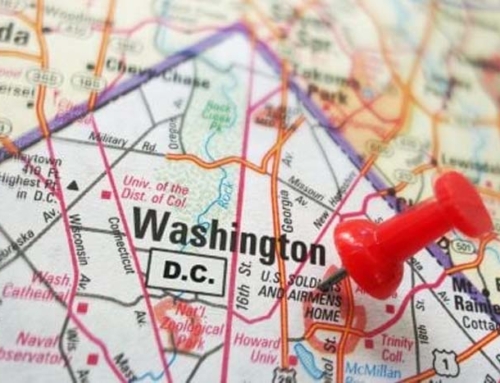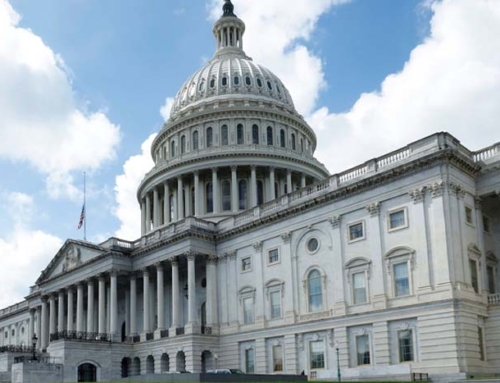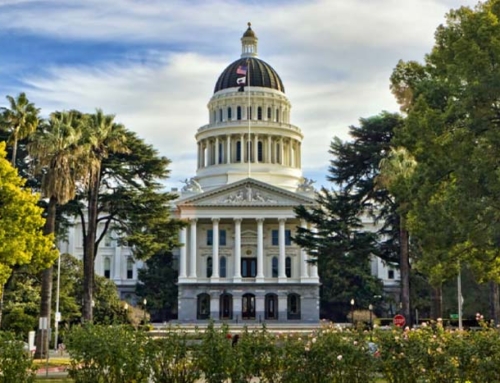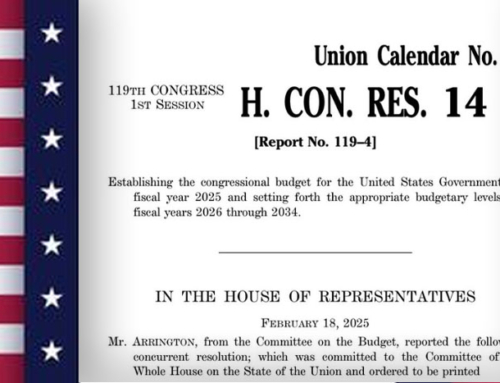On June 21st, Representative Maxine Waters reintroduced a package of bills that would inject billions into affordable housing and homelessness programs. Similar bills had been introduced in 2021. The bills face a difficult challenge given the makeup of the House, but by introducing the legislation it keeps housing in the conversation in Washington.
The three bills are:
- The Ending Homelessness Act of 2023 would take a number of actions to respond to the nation’s homelessness crisis, including making the housing choice voucher (Section 8) program a federal entitlement so that vouchers are accessible to every household that qualifies, prohibiting housing discrimination based on source of income, and permanently authorizing appropriations for McKinney-Vento Homeless Assistance Grants. Read more here.
- The Housing Crisis Response Act of 2023 contains similar provisions as those included in the Build Back Better Act, which was passed by the House last session. It would provide more than $150 billion to support new affordable housing, preserve existing housing, and increase homeownership opportunities. Among other funding priorities, included in the bill is $24 billion for Housing Choice Vouchers to help more than 260,000 families, $1 billion for new project-based rental assistance to create 7,000 new housing opportunities for Extremely Low-Income families, $65 billion for the preservation and rehabilitation of more than 500,000 public housing units, $25 billion for affordable housing production to create or preserve over 300,000 homes and assist 46,000 homeowners to purchase or repair their homes, more than $15 billion for programs that promote first- generation homeownership to assist over 400,000 families, and $3.05 billion in additional funding for the Community Development Block Grant Program. The bill also provides funding for capacity building and technical assistance and strengthens the nation’s fair housing initiatives. Learn more here.
- The Downpayment Toward Equality Act of 2023 seeks to close the racial wealth gap by investing in first-generation homebuyers. The bill provides $100 billion for downpayment assistance, closing costs, and to buy down mortgage interest rates. Eligible homebuyers would need to have incomes of 120% of Area Median Income (AMI) or less, except in high-cost areas, where the income limit is raised to 80% of AMI. Borrowers must qualify as a first-time, first-generation homebuyer as defined in the bill. Read the details here.
© LeSar Holdings/LeSar Development Consultants. All Rights Reserved. Please be advised that any republishing of copyrighted material provided by our organization, in whole or in part, requires prior written authorization. For permission, please reach out to [email protected]. We appreciate your understanding and compliance in upholding copyright laws.



